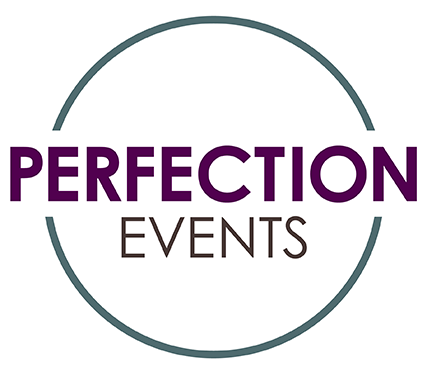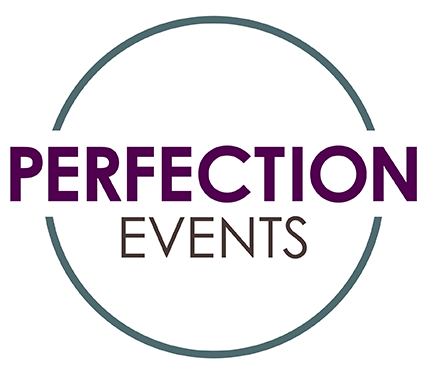 One of the things that drives me every day is the opportunity to learn something new, see something differently, and be better today than I was yesterday. This quest to always be learning something new does not, however, mean that the basics can be ignored. No matter how many new skills we learn or how much we improve and expand our knowledge, a strong foundation is essential.
One of the things that drives me every day is the opportunity to learn something new, see something differently, and be better today than I was yesterday. This quest to always be learning something new does not, however, mean that the basics can be ignored. No matter how many new skills we learn or how much we improve and expand our knowledge, a strong foundation is essential.
For those who are just beginning their careers (or studies) in meeting and event management, every day (and sometimes every hour or even every minute!) will present learning opportunities – be sure to take advantage of each and every one. When I thought back about the many, many lessons I have learned over the years, there are four that stand out as my foundation.
Always Be Early … Otherwise, You Are Late
If the event starts at 6:00 pm and you are not there by 4:00 pm, you are LATE! You must build your early arrival into your event schedule. How early you need to arrive will depend on the type of event, but you should be on-site a minimum of 2 hours early to check setup and make last minute adjustments. Even with the best plan ever, assume nothing; there will always be changes, and if you're arriving when the attendees are arriving, you have no time to react. Being a meeting planner does not mean you create the perfect world, it means you adjust the imperfections in TIME so that no one else knows they ever existed!
Always Count … Everything
Especially the chairs and the tables. ALWAYS count the chairs! The chairs are the part everyone forgets. Something else came up. The speaker was running late. You were running late (see above!!). The room “looks right.” There are always reasons to not take the time to count the chairs. Again, assume nothing. If you are expecting 500 people and you need 500 chairs, can you really look quickly at a room and confirm beyond a shadow of a doubt that there are 500 chairs, and not 475? Count the chairs. Having people standing around because you didn't do your job does not provide a good start to the event.
Always Have a Pre-Con
Once again, assume nothing. Everything you've asked to be changed before you arrive on-site must be CONFIRMED in the pre-con. The attendees will vary depending on the specifics of your meeting, but you should always have representatives from banquets, the AV team, and reservations (assuming you have sleeping rooms). Review the BEO's (banquet event orders) in detail, and mention any important notes or sticking points. This is your opportunity to assert yourself, define working style, and outline exactly what you expect from the venue, as well as the expectations and "quirks" of your group and stakeholders.
Always Know Your Group
Take the time to understand the nuances, must-haves, nice-to-haves, and quirks of your client, group and stakeholders. Knowing these tiny details (and delivering on them) will make your job easier and make the event run that much more smoothly. Think about it – if your facilitator likes only blue markers for the flip chart, wouldn’t it be easier for you to have blue markers in the room ready for use instead of scrambling for them 5 minutes before the session begins? Or, if your CEO requires a glass of water on the podium instead of a bottle of water, wouldn’t it be easier to have that in place instead of you scrambling on-stage as the general session is beginning?
A meeting planner’s job is to manage the big picture strategy AND execute on every tiniest detail. That is a very tall order and you must arm yourself with every possible advantage you can find. Mastering these four basic concepts will give you a great start.
Image courtesy of Ayla87

